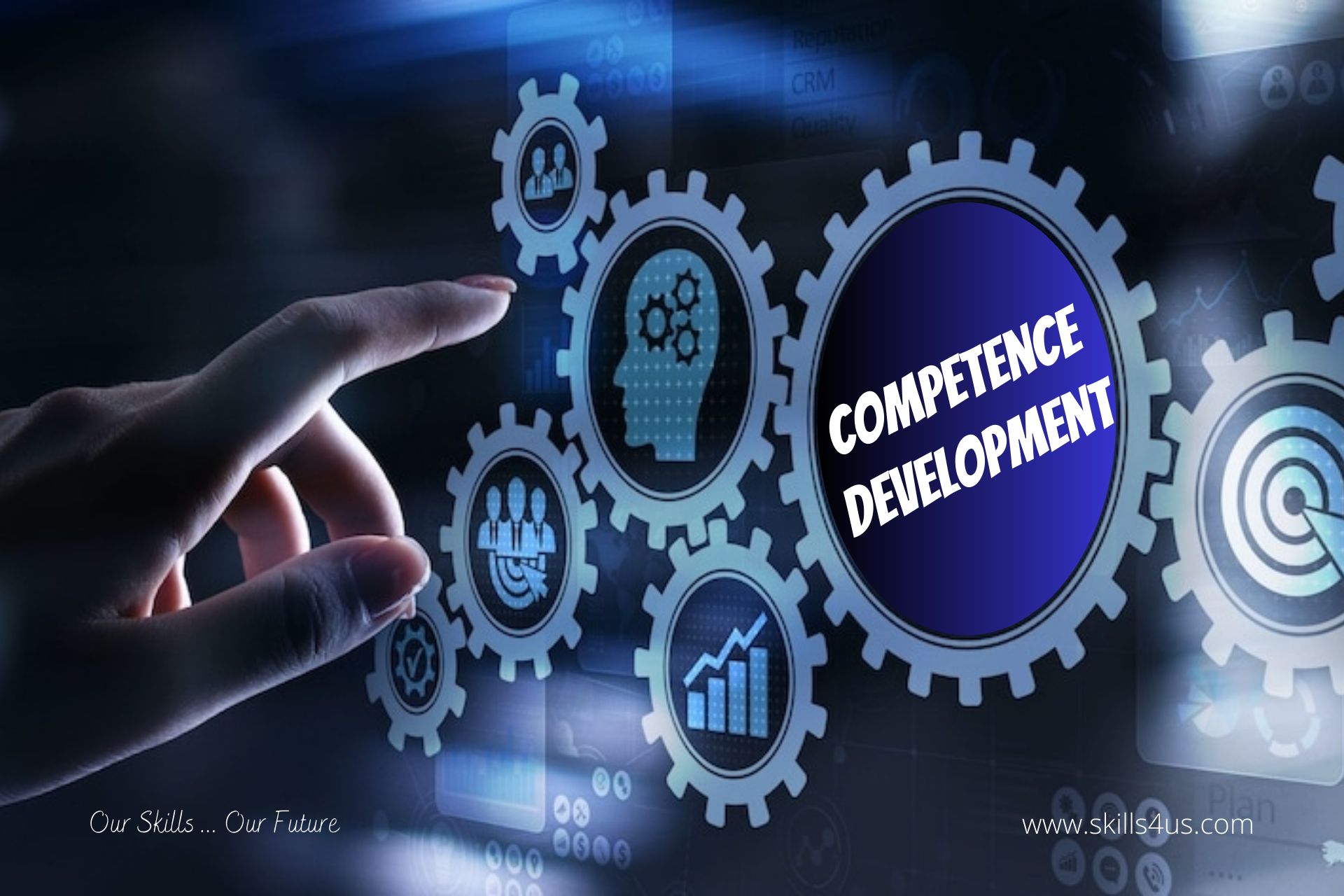
Competence Development Helps You Improve Productivity And Advance Your Career
Competence development and lifelong learning go hand in hand. Whether you work with information, products, or processes, maintaining and developing your competencies is always essential. Developing competency can help you improve your productivity and advance your career. So, trusting that your competencies are up-to-date helps maintain hope in the future.
Benefits of Competence Development
- Developing competence allows you to expand your competency knowledge, learn new information, and increase opportunities for career growth.
- Acquiring and developing competence boosts your self-confidence and encourages you to master your work and achieve more.
- Learning new skills and improving existing capabilities increases efficiency, leading to higher productivity.
- Competence development allows you to get trained, learn, build relationships, and advance your career.
Steps to Develop Competence
1. Carry out a self-assessment of your competencies
You should conduct an objective self-assessment to determine which competencies you have mastered and which competencies need improvement.
2. Set goals for how you can improve your competencies
When you set goals for how to improve your competencies, keep in mind that these goals are SMART:
- Set a specific goal by defining the exact competencies you want to develop.
- Set a goal that you can measure to assess your progress.
- Consider the extent to which the objective can be achieved by assessing the available resources.
- Decide if the goal is appropriate and worth your time and effort.
- Create a timeline for all your goals so you can track your progress.
3. Surround yourself with knowledgeable and professional people
Surround yourself with more knowledgeable people who can help you build and develop your competencies. To achieve this, you can join professional groups and organizations that offer seminars and workshops on social media or professional websites to connect with other professionals in your field. This allows you to build your relationships and develop your competencies.
4. Consult with people who have the competencies you want to develop
Consult with the people who have the competencies you want to develop. They can advise you and help you identify the appropriate competencies to develop based on your short and long-term career goals. Here are some of the benefits of this consultation:
- Learn about an experience and a role model.
- Increasing the level of responsibility and opportunities for advancement and career advancement.
- Improve your skills and acquire new ones.
- Clarity about your job and increased job satisfaction.
5. Participate in L&D programs through electronic platforms
In today’s world, many electronic platforms offer L&D programs that match the competencies and skills you want to develop. Therefore, you can enhance your resume and career status by participating in the training programs offered by these online platforms.
6. Take time to build and develop your competencies
Use your time effectively and set aside time to build and develop your competencies. You can do this by taking advantage of the free time and breaks to continue training or practice your skills. Therefore, identify your most productive times during the day and use these periods to complete mandatory work tasks to optimize for additional training sessions.
7. Practice your competencies and skills regularly
Practice the skill or competency you want to develop or improve. Then make a daily schedule to make sure you’re doing it regularly. Thus, track your progress and ask others to give you their comments and feedback that motivate you and increase your enthusiasm to continue.
8. Increase your L&D
Advising and guiding others on the competencies you are building allows you to improve your understanding of them. So, remember that teaching and developing others is an opportunity to multiply your L&D.
Practical Ways for Developing Competence
There are many ways to help you develop your competencies. But motivation is essential to make competency development more manageable and effective. Here are some examples of practical ways to develop competence:
- Organizing periodic visits to the various offices and departments of the organization. These visits are often beneficial because they give you insights into organizational culture and working methods.
- Teamwork can develop competencies through team members sharing their knowledge and skills.
- Stewardship can help clarify common goals, increase the capacity to change and learn and develop leadership and collaboration. It can also enhance the employee’s professional identity and performance at work.
- Skills-based learning promotes the acquisition, processing, and practice of using new knowledge and competencies.
- Learning in the workplace, where the competency learned through practical application can be directly exercised.
- Online learning, where the variety and selection of online training courses constantly evolve. They knew online courses were a flexible and easily accessible way to learn, develop and maintain competencies.
- Participating in webinars, conferences, and online events are great ways to gain the latest knowledge on various topics.
Competence Development is crucial in today’s world of work. Developing our skills and competencies is essential in constant change and rapidly evolving workplace demands. Moreover, developing competencies allows us to build on our strengths and overcome our weaknesses. It is a way to grow professionally, take on more responsibility, and achieve our goals.



